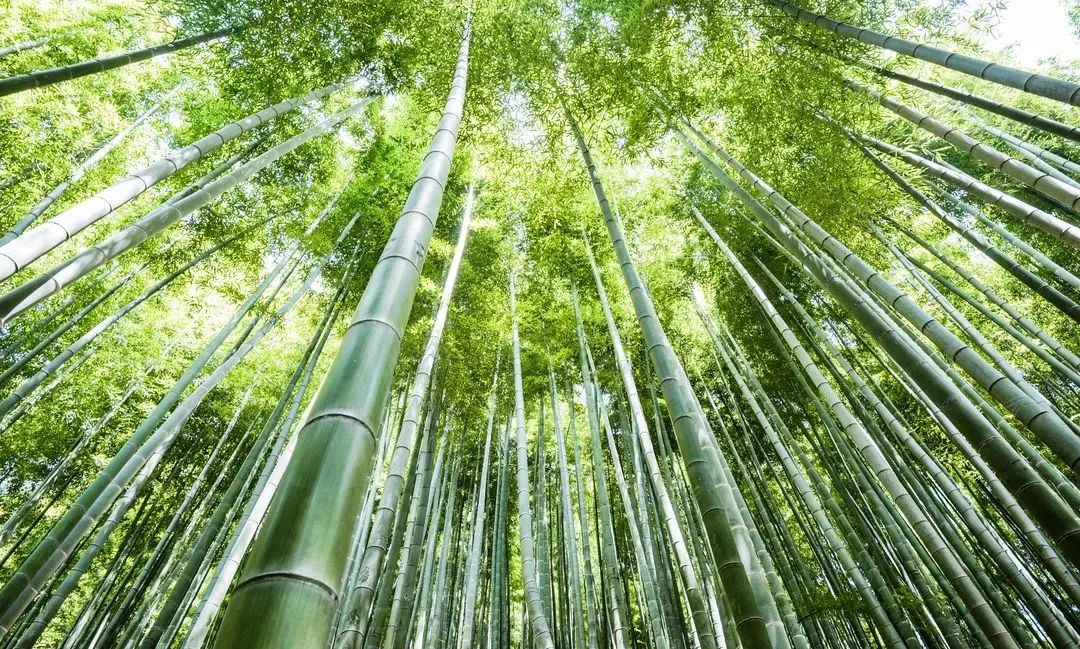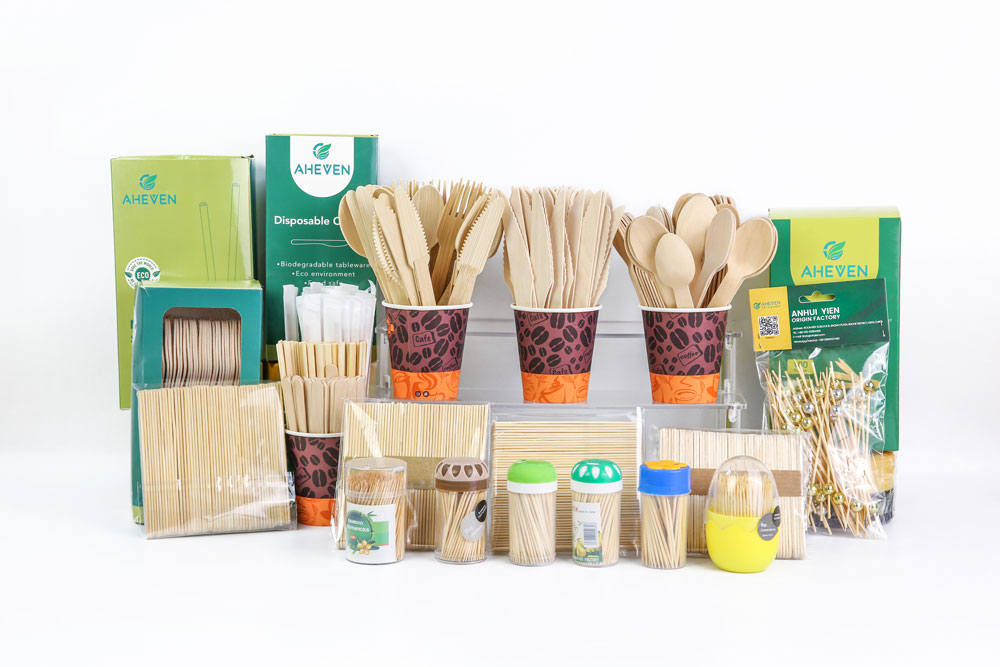Currently, plastic pollution has become the second greatest global environmental concern after climate change, and reducing plastic pollution is of urgent importance. To date, more than 140 countries worldwide have implemented policies and plans to ban or restrict plastics. In January 2020, China released the "Opinions on Further Strengthening the Control of Plastic Pollution," which requires the improvement of management systems in the production, distribution, consumption, and recycling of plastic products by 2025, gradually banning or restricting the use of non-degradable plastics. Therefore, the development and production of safe, environmentally friendly, biodegradable, and renewable plastic alternatives have become a major issue that needs to be addressed in China.

Replacing Plastic with Bamboo" is an effective approach to reducing plastic usage and mitigating plastic pollution at its source. On June 24, 2022, the "Replacing Plastic with Bamboo" initiative was included in the outcome document of the Global Development Summit. On November 7, 2022, China, in collaboration with the International Bamboo and Rattan Organization, launched the "Replacing Plastic with Bamboo" initiative, providing nature-based solutions for energy-intensive and non-degradable plastic products and contributing actively to the implementation of the 2030 Sustainable Development Agenda. China has now officially launched the "Accelerating the Development of Replacing Plastic with Bamboo Three-Year Action Plan." Over the next three years, China will focus on seven key actions, including enhancing technological innovation, cultivating industrial ecosystems, and facilitating production and sales integration. By 2025, a preliminary bamboo-based plastic replacement industry system will be established, with improved product quality, variety, industry scale, and overall benefits, significantly increasing market share of key products. Compared to 2022, the comprehensive added value of major bamboo-based plastic replacement products will increase by over 20%, and the comprehensive utilization rate of bamboo will increase by 20 percentage points.

Bamboo, as a green, low-carbon, fast-growing, renewable, and biodegradable biomass material, has unique advantages in addressing the global plastic crisis.
Firstly, bamboo grows rapidly and can be harvested in 3 to 5 years, providing a continuous and stable supply of raw materials for downstream bamboo product manufacturing. It has tremendous potential for industry development.
Secondly, bamboo has a wide range of uses and diverse product applications. Currently, there are over 10,000 types of bamboo products developed, covering various aspects of our daily lives, such as clothing, food, housing, and transportation, which can meet the demand for alternative plastic products.
Thirdly, bamboo can be planted once and harvested for 40 to 70 years, allowing for sustainable utilization. During its growth process, bamboo absorbs a significant amount of carbon dioxide. Research shows that bamboo is the most efficient plant in terms of carbon absorption and storage among woody plants. Processing bamboo into bamboo products can effectively store carbon, contributing to China's "dual-carbon" goals.
Fourthly, bamboo almost has no waste, as every part of the bamboo can be utilized, including the bamboo culm, branches, leaves, and underground culm sheaths. Bamboo waste can also be used as a carbon source.
Fifthly, bamboo products naturally and harmlessly degrade after use, without causing harmful effects on the environment.
According to statistics, the output value of China's bamboo industry has increased from 82.097 billion yuan in 2010 to 321.798 billion yuan in 2020. The total import and export trade of bamboo products reached 2.2 billion US dollars, accounting for over 60% of the world's total trade in bamboo products and ranking first in the world. It is estimated that by 2035, the total output value of the national bamboo industry will exceed 1 trillion yuan. More than tens of millions of people are engaged in the bamboo industry, and bamboo income accounts for one-fourth of the income of farmers in bamboo areas. The bamboo industry has become an important ecological, poverty alleviation, and cultural industry in China, serving as a significant carrier for promoting beautiful China, rural revitalization, and spiritual civilization construction. Bamboo will receive extensive attention and recognition from the international community in addressing global issues such as climate change, livelihood improvement, green growth, South-South cooperation, and North-South cooperation.
